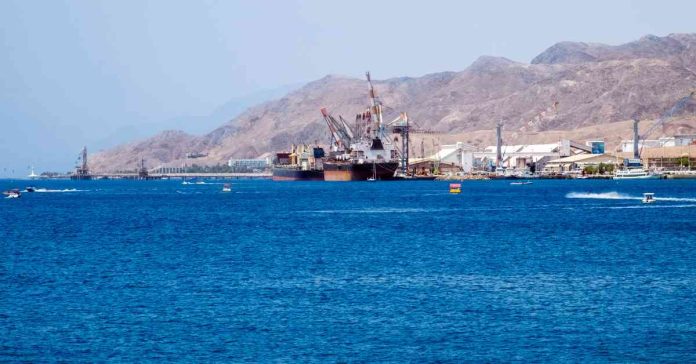Somali Magazine October 19,2023- The Somalia government has rejected a request by Ethiopia to enter into negotiations that will allow them to have access to a Red Sea port.
Last week Ethiopian Prime Minister Abiy Ahmed cautioned that his country’s lack of access to a harbor is a potential source of future conflict and called for efforts to address the issue in order to safeguard regional stability. Ethiopia lost its direct access to the sea in 1993 when Eritrea gained independence after a three-decade war.
The access to a Red Sea port is a crucial issue for Ethiopia. Without direct access to the sea, the country faces challenges in terms of trade and transportation.
Somalia’s President Advisor on drought relief Abdirahman Abdishakur said earlier this week said that the recent threats by Ethiopian Prime Minister Abiy Ahmed that his government would attempt to acquire a seaport in the Red Sea by force should be taken seriously.
“Repeated comments from Ethiopian government officials on their demands to acquire a port in the Red Sea cannot be ignored,” Abdishakur said in a post on Facebook.
The official called for increased vigilance by Somali government over the Ethiopian ambition towards a possible annexation of port towns in northern Somalia.
The reason why Ethiopia is demanding to have full access to the Red Sea Port
In 1993, Ethiopia lost its direct access to the sea when Eritrea gained independence after a long and devastating war. This historical event has had significant implications for Ethiopia’s trade and transportation capabilities. The loss of access to a Red Sea port has been a longstanding issue, and the recent rejection of Ethiopia’s appeal by Somalia further complicates the situation.
It is crucial for regional stability and cooperation that efforts are made to find a resolution to this issue. The lack of access to a Red Sea port not only affects Ethiopia but also has broader implications for the region. Negotiations and diplomatic efforts will be key in addressing this complex and sensitive matter.

